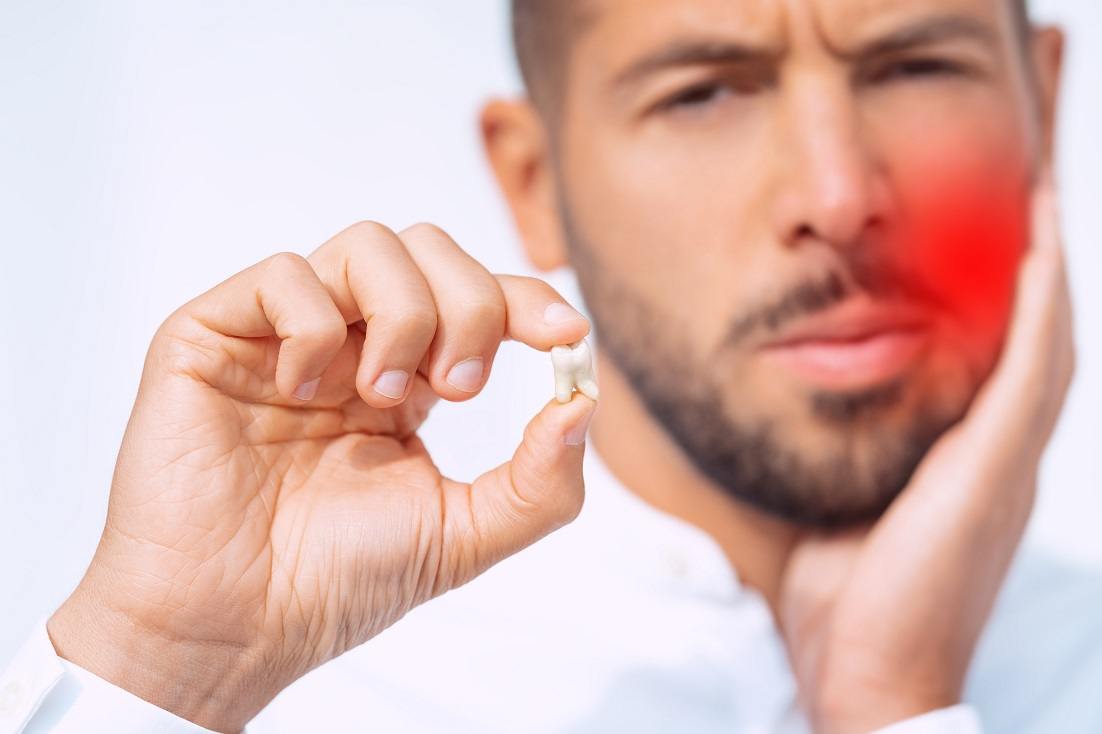
Wisdom tooth removal is a common dental procedure that can lead to a speedy recovery when handled with care. One of the potential complications, however, is the development of dry sockets.
After a tooth extraction, a dry socket can occur if the blood clot dislodges or dissolves too soon, exposing the bone and causing pain and delayed healing. In this blog, we’ll explore effective strategies to prevent dry sockets and ensure a smooth recovery after your wisdom tooth extraction.
Understanding Dry Sockets
Before diving into prevention techniques, it’s important to grasp the basics of dry sockets. When a tooth is extracted, a blood clot forms in the empty socket to protect the underlying bone and nerve endings. Dry sockets occur when this clot is disrupted or dissolves, leaving the bone exposed. This can lead to intense pain, bad breath, and an increased risk of infection.
- Follow Post-Extraction Instructions
Your oral surgeon or dentist will provide specific post-operative instructions. It’s crucial to follow these guidelines meticulously. This may include recommendations on pain management, diet restrictions, and oral hygiene practices. If you have any questions or concerns, don’t hesitate to reach out to your dental care provider.
- Avoid Sucking or Spitting
Creating suction in your mouth can dislodge the blood clot, increasing the risk of dry sockets. Refrain from activities like sucking on straws, smoking, or forcefully spitting for at least a week after the extraction.
- Opt for Soft, Nutrient-Rich Foods
While it’s important to maintain a balanced diet for optimal healing, it’s equally crucial to choose soft, easy-to-chew foods in the days following your wisdom tooth removal. Soups, yogurt, mashed vegetables, and smoothies are excellent choices. Avoid hard, crunchy, or spicy foods that could potentially disturb the extraction site.
- Gentle Oral Hygiene
Maintaining oral hygiene is essential, but it must be approached with care. On the day after the extraction, you can gently rinse your mouth with warm salt water. After the initial day, continue with your regular oral hygiene routine, being careful to avoid the extraction site.
- Limit Physical Activity
Strenuous activities can lead to increased blood flow and blood pressure, potentially dislodging the blood clot. While it’s important to stay active, opt for light exercises and avoid activities that involve heavy lifting or intense physical exertion.
- Be Mindful of Medications
If your dentist or oral surgeon prescribes medications, follow the dosage instructions precisely. Pain relievers and antibiotics, if prescribed, should be taken as directed. Additionally, avoid medications like aspirin that can thin the blood and increase the risk of bleeding.
- Steer Clear of Alcohol and Smoking
Both alcohol and smoking can impair the healing process and increase the risk of complications, including dry sockets. It’s best to abstain from these substances until you have fully recovered.
- Apply Cold Compresses
In the initial 24 hours after the extraction, applying cold compresses to the outside of your cheek near the extraction site can help reduce swelling and discomfort.
- Attend Follow-up Appointments
Keep all scheduled follow-up appointments with your dentist or oral surgeon. They will monitor your healing progress and address any concerns or complications promptly.
- Listen to Your Body
Lastly, pay attention to your body’s signals. If you experience severe pain, prolonged bleeding, or notice any unusual symptoms, contact your dental care provider immediately.
Minimize Your Risk
While the risk of dry sockets after wisdom tooth removal exists, following these preventative measures significantly reduces the likelihood of this complication. Remember, proper post-operative care is crucial for a smooth and uneventful recovery. By being diligent in your oral hygiene practices and following your dentist’s instructions, you can pave the way for a quick and complication-free healing process.
Have questions? Contact our friendly dental team today! We’re happy to help you feel more at ease about your wisdom tooth removal.

